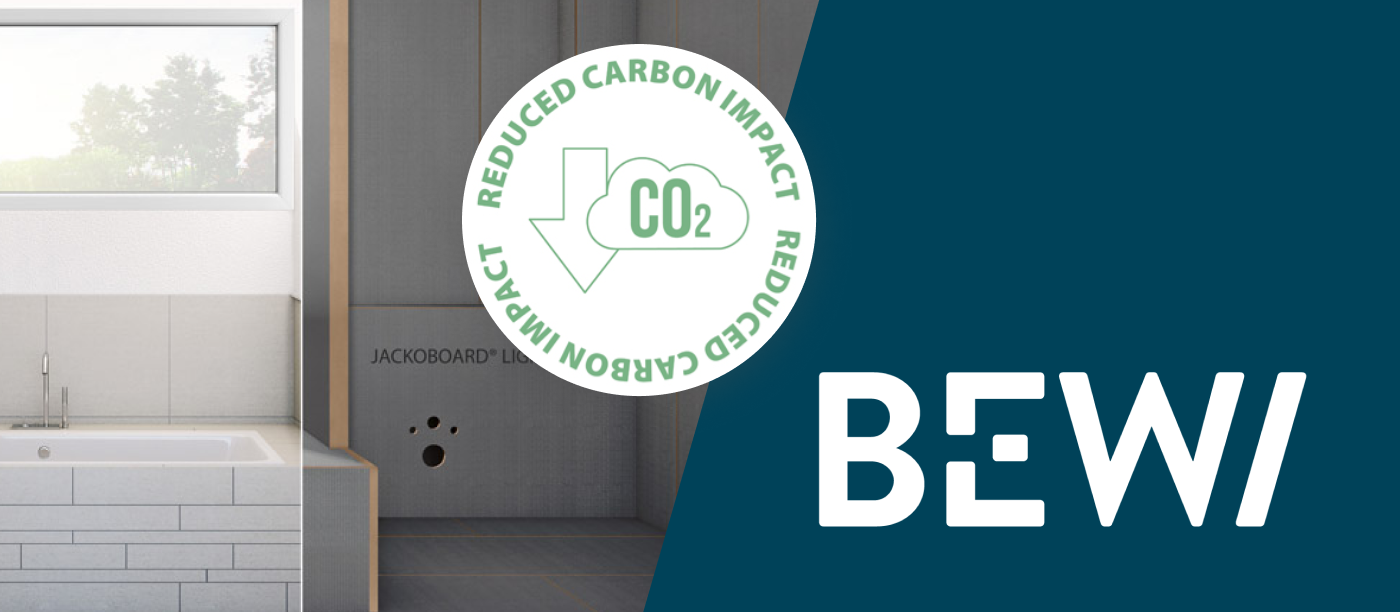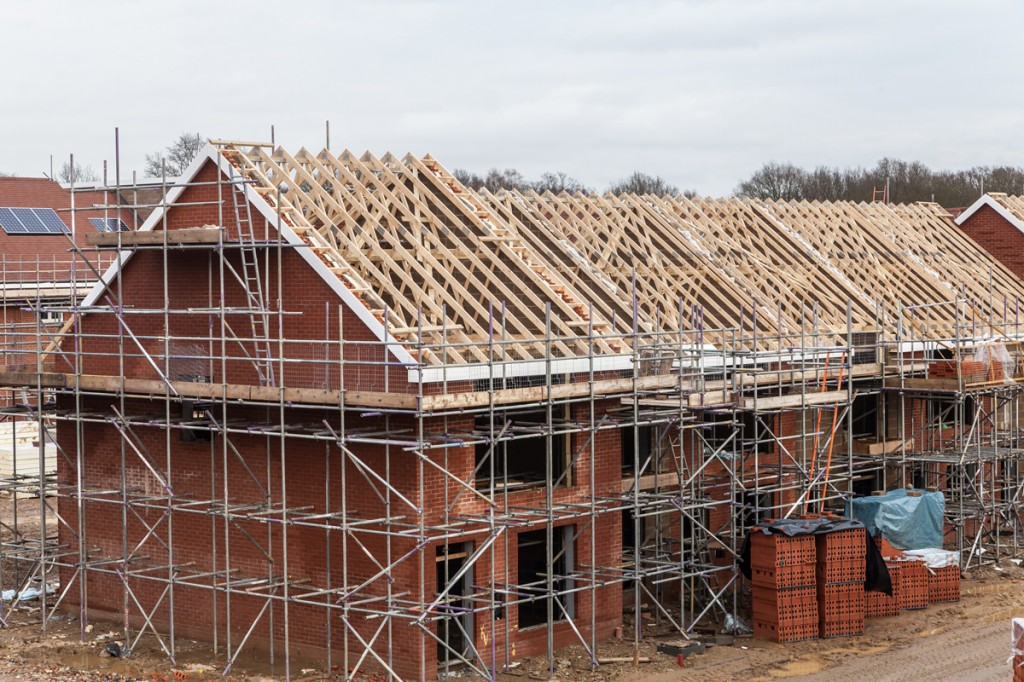The latest Economic & Construction Market Review from Barbour ABI highlights a slowing in construction activity in September this year.
Figures from the ONS, quoted in the Review, indicate that the construction sector in the UK expanded by 2.9% in the three months to August 2018. This followed growth of 3.3% in the three months to July 2018.
These figures show that the construction industry continued to bounce back from its poor performance in the first quarter of the year. However, much like the UK economy, this consisted of growth in June and July, while output in fact declined during August. This was perhaps a warm weather boost during the first two months, while activity reduced after that.
Growth in the three months to August was driven both by new work and repair and maintenance. One of the notable increases in the period was for new infrastructure work which increased by 4.7% on the previous three month period and by 4.9% compared to the same period last year. New public housing was also strong over the period with growth of 9.5% in the three months to August compared to the previous three month period. Meanwhile new private housing output continued to post strong results. Output in new housing increased by 5% compared with the previous three month period and was 8.2% higher than the same period in 2017. Other figures to note are the strength of the non housing repair and maintenance sector, which increased by 3.8% in the three months to August, compared to the previous three months. This was 5.8% higher than the same period in 2017.
While the latest figures for construction output were positive, the longer term deterioration in the performance of construction output has led to lower forecasts for the industry in the coming years. According to the Construction Products Association (CPA) total growth in the construction industry is forecast to be -0.6% in 2018, down from 5.7% in 2017. This is largely attributable to the slowing of economic growth in Quarter 1 and the uncertain environment for business investment and specifically uncertainty surrounding Brexit. The level of growth is forecast to increase to 2.3% in 2019 with the expectation that there is more clarity on the UK’s new trading environment post-Brexit. However, given the lack of progress thus far on the Brexit talks there is significant variability implied in the forecasts.
More information on Barbour economic reports is available at www.barbour-abi.com









